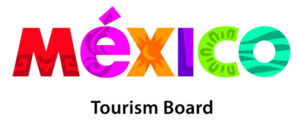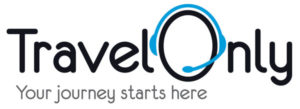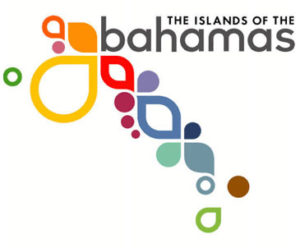
Wedding planning requires you to strike the right balance between creativity and organization. As you work to craft unforgettable celebrations, staying inspired while managing countless details can be challenging. That’s where tools for wedding planners come in. Digital tools make it easier to complete everyday tasks while igniting innovative ideas and helping you create seamless, memorable events that leave a lasting impression.
Creative Tools for Inspiration
Seamlessly blending creativity with organization is essential in the dynamic world of wedding planning. Mind mapping tools serve as invaluable assets, allowing you to visually structure ideas and themes and transform abstract concepts and designs into tangible plans. These tools facilitate the arrangement of various elements, such as colour schemes, décor styles, and thematic inspirations, into coherent visual representations to enhance the creative process and ensure that you don’t miss a detail.
Mind mapping tools also offer a lot of collaborative benefits. As a wedding planner, you can brainstorm with clients and team members to work on your shared visions for the event together. By collaboratively developing mind maps, all parties can contribute ideas, provide feedback, and make real-time adjustments to ensure the final plan reflects the input of everyone involved — especially your clients’.
Beyond mind mapping, several creative tools can be particularly beneficial for wedding planners to find inspiration and practical assistance:
- Pinterest: Pinterest is a widely used social platform for discovering and organizing wedding inspiration. You can create private boards to share ideas with clients or mood boards to help you plan current and future events.
- Aisle Planner: This all-inclusive software suite is tailored for wedding planners. It offers features such as design inspiration boards, project management tools, and collaborative capabilities. It streamlines the planning process by consolidating various tools into a single platform.
- Plan In Love: Plan In Love provides customizable templates and checklists for budgeting, timelines, seating charts, and vendor management. Compatible with Google Sheets, Excel, and PDFs, it offers flexibility and ease of use for planners seeking structured organizational tools.
- Merri: Merri is a 3D seating and design tool for realistic visual planning for clients. The tool offers custom 3D-rendered venues in more than 60 countries, plus thousands of décor items to bring your visions to life.
Incorporating these tools into your workflow can help you maximize your creativity and make it easier to show off your designs to clients. The collaborative nature of these tools also allows you to work alongside your clients to ensure that their events align with their wants and needs and are executed flawlessly.
Organizational Tools for Efficiency
Understandably, creativity is at the heart of your wedding planning. However, effective records management is just as important for keeping your business afloat. From tracking client information to managing contracts, schedules, and budgets, organizing and accessing essential data is a must for a seamless experience. A reliable records management system can help you minimize errors and align each event detail with your clients’ visions.
Types of Records Management Systems
Wedding planners can choose from two main types of records management systems: cloud-based and on-premises systems.
Cloud-based solutions are hosted on external servers and accessed online, offering flexibility and accessibility from any device with an internet connection. They are ideal for those who frequently work on the go, allowing them to update schedules, review client details, and communicate with vendors in real-time. Cloud-based systems often include features like automatic backups, which safeguard data against loss. They are also scalable, making them suitable for planners managing events of varying sizes.
On-premises systems are installed directly onto local computers or servers. They offer robust data control, which is ideal if you’re concerned with security. Because they don’t require you to connect to the internet to use them, on-premises systems are helpful if you operate in areas with unreliable internet access. While these systems require a higher upfront investment and ongoing maintenance, they provide full data and software ownership.
The Importance of Follow-Up as a Wedding Planner
While tools are invaluable in smoothing out your wedding planning workflows, they can’t and shouldn’t replace the human element of wedding planning. Regular follow-ups with clients and vendors can help you ensure satisfaction and accuracy throughout the planning journey. By catching any potential issues as they happen, you can address concerns quickly and grow trust between you and your wedding planning relationships.
Here are a few follow-up tips for wedding planners:
- Write a summary report of every vendor or client meeting to give to all involved parties as soon as possible for them to review.
- Personalize every email you send to a vendor or client.
- Confirm deadlines and next steps to keep everyone on track.
- Send emails or handwritten thank-you notes to clients and vendors to show your appreciation for their time.
- Ask for honest feedback from your clients and vendors so you know what parts of your process need improvement.
Elevate Your Wedding Planning Game
By integrating creative and organizational tools into your workflow, you can take your wedding planning to the next level. These tools help you bring your ideas to life while keeping every detail organized along the way. Embrace technology to simplify your processes and encourage more collaboration between yourself and your clients. Start exploring the tools that fit your business, and see how they transform your ability to create unforgettable weddings.







Leave a Reply